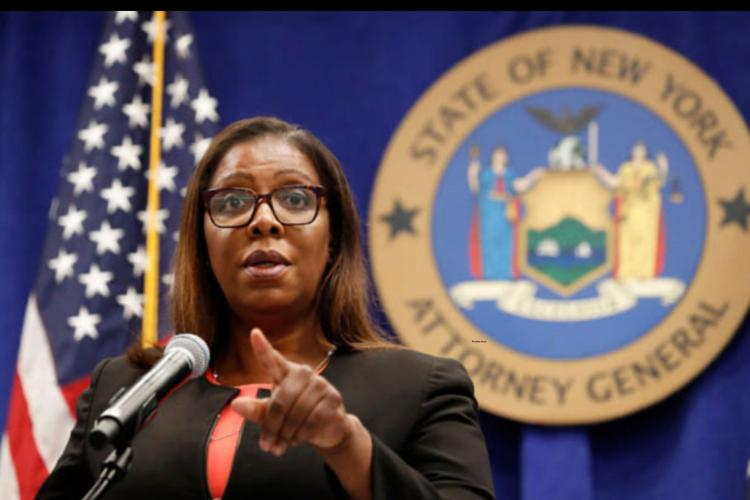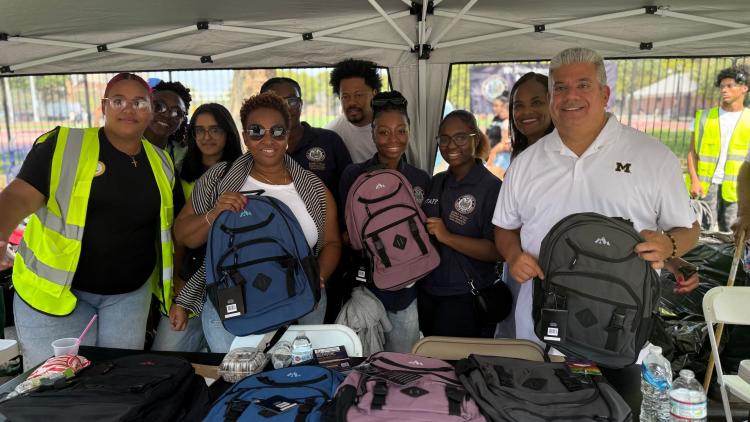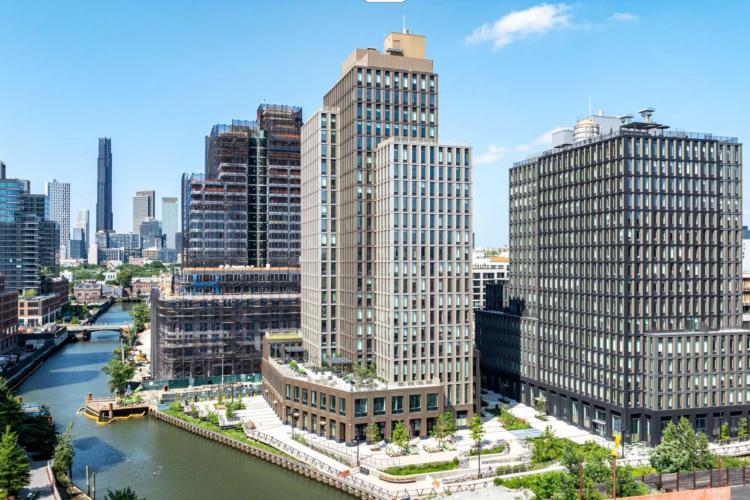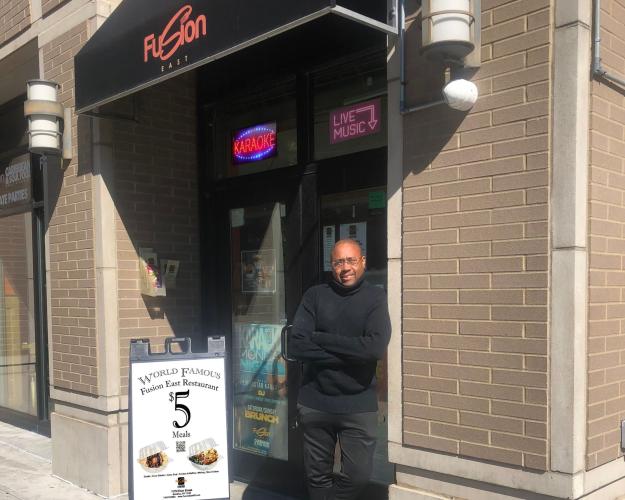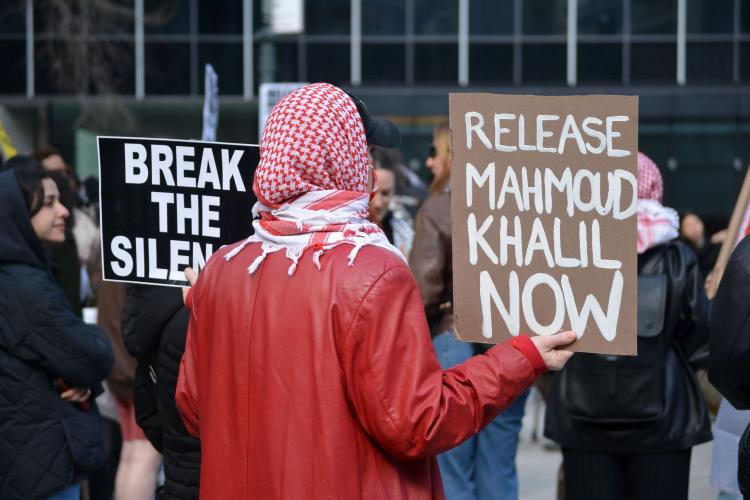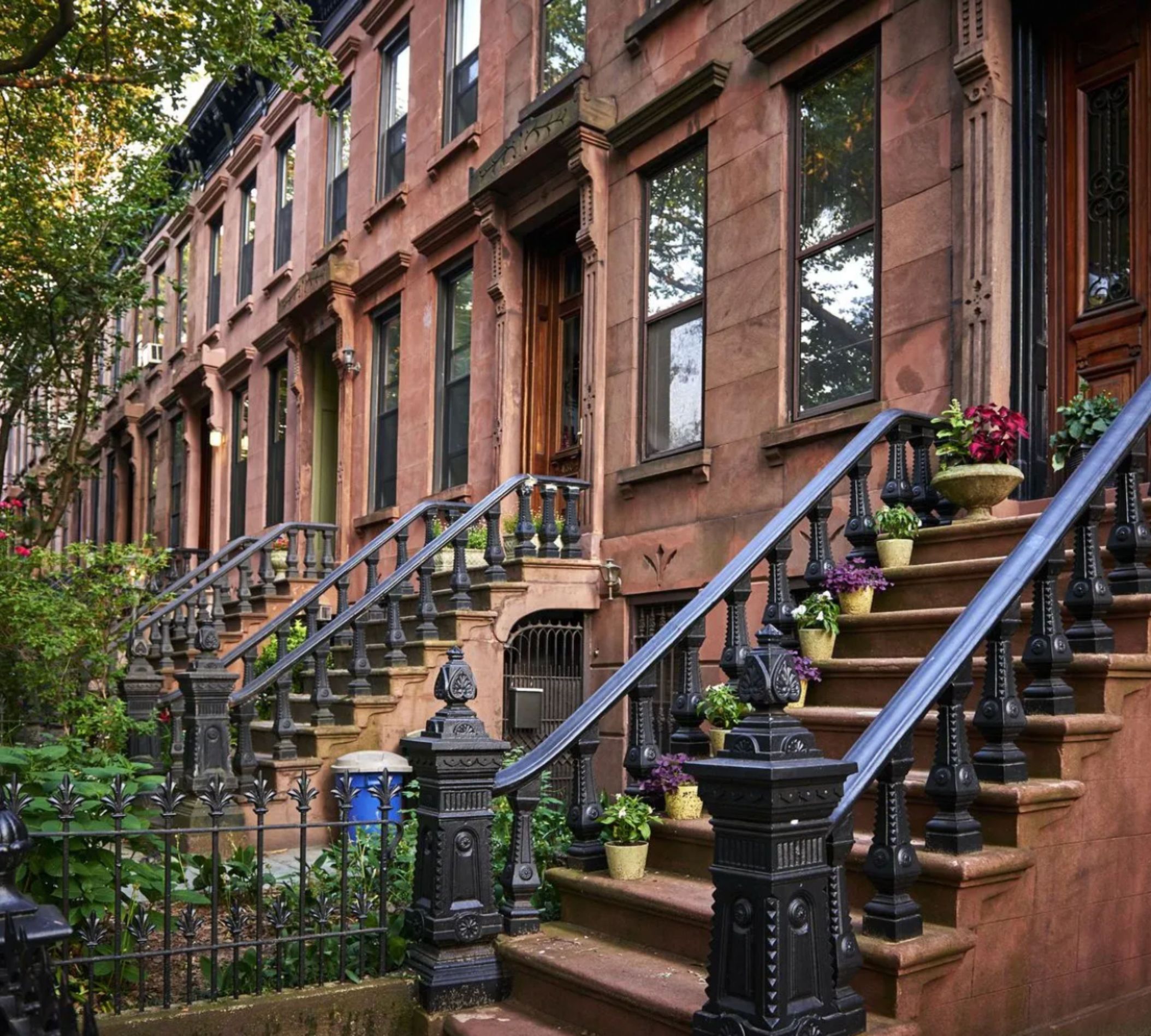
Fixing the Short Term Rental Crisis in NYC Tony Lindsay - 1
NYC Newswire
Who really wins when homeowners lose? This is the question New Yorkers should be asking as Local Law 18 continues to financially cripple thousands of private homeowners across our city. What was once a thriving short-term rental market that supported thousands of small homeowners and local businesses has been gutted by a sweeping regulation that failed to account for the diversity and complexity of our housing ecosystem. A new bill proposes to undo some of this damage by allowing short-term rentals in one- and two-family homes. This proposal isn’t just a step in the right direction—it’s a lifeline for working-class families and small communities struggling under the weight of this misguided law.
The 'INT 1107' bill, introduced by Council Member Farah Louis, to revive short-term rentals for 1- and 2-family homes is what is needed to fix the law, but critics are already circling, warning of dire consequences for housing affordability and neighborhood stability. These warnings, however, miss a critical point: Local Law 18 isn’t solving the housing crisis—it’s exacerbating economic inequality, stifling small homeowners, and disproportionately harming NYC’s outer boroughs.
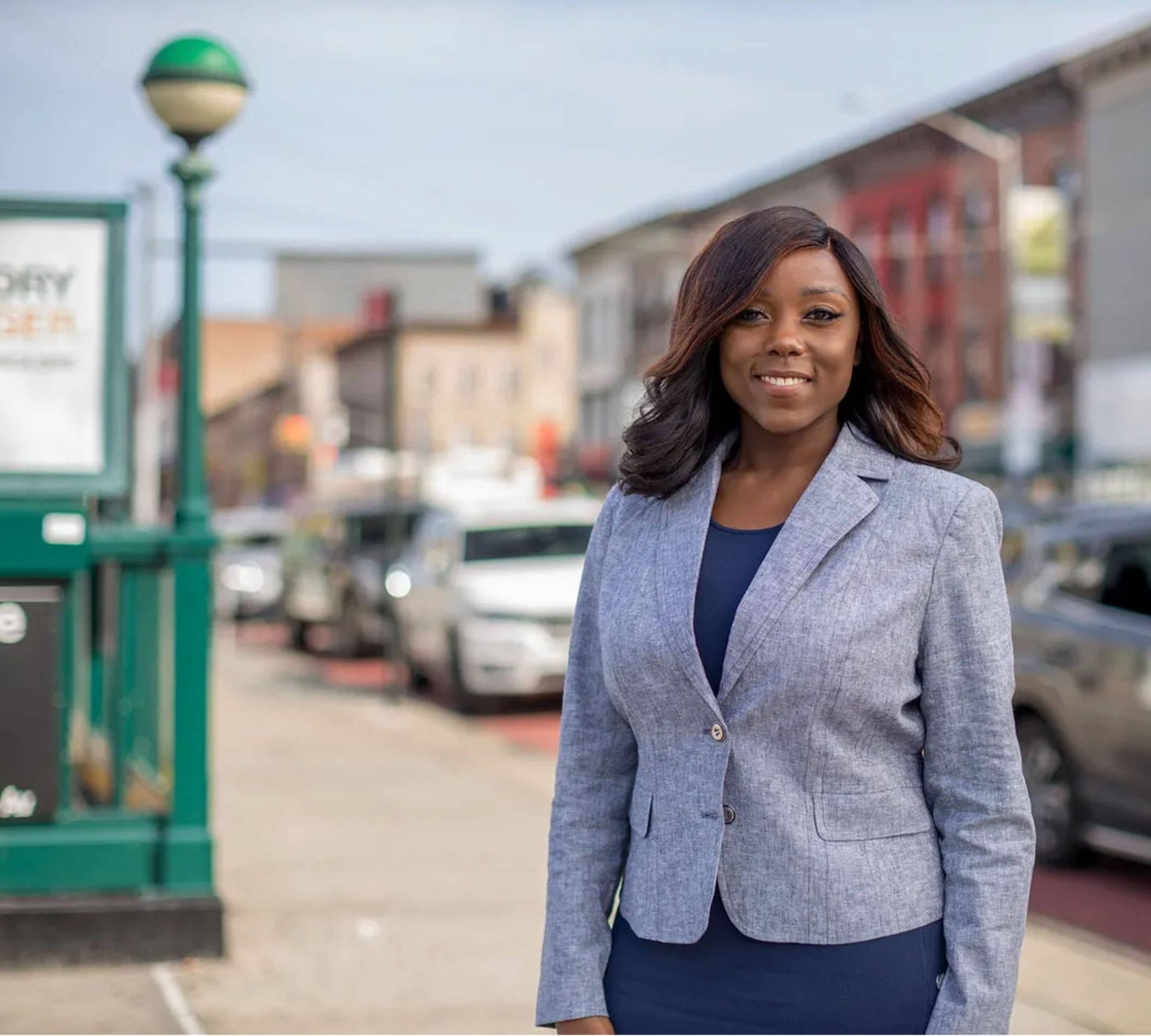
Brooklyn City Council Member Farah Louis of the 45th District - 1
NYC Newswire

Brooklyn City Council Member Farah Louis of the 45th District - 1
NYC Newswire
The facts tell the story. According to a recent report from HR&A Advisors, Local Law 18 has led to a staggering decline in visitor spending and job opportunities in outer boroughs like Queens and the Bronx—areas that have long struggled to attract tourism dollars. Meanwhile, housing affordability remains elusive, and hotel prices are skyrocketing. Clearly, it’s time to rethink the city’s approach to short-term rentals and support legislation that strikes a fairer, smarter balance.
The Problem with Local Law 18
Local Law 18 was passed with good intentions: to combat illegal short-term rental operations and preserve affordable housing. But in practice, the law has proven to be a blunt instrument, punishing responsible homeowners while failing to deliver meaningful improvements in housing affordability.
For small homeowners—many of whom own 1- and 2-family homes in the outer boroughs—Local Law 18 has imposed onerous restrictions, making it nearly impossible to legally rent out their homes to short-term guests. This sweeping legislation requires homeowners to register their properties, adhere to burdensome on-site occupancy rules, and navigate a labyrinth of bureaucracy, all while competing against rising costs of living. Meanwhile, owners of Class B multiple dwelling apartment buildings and luxury condos are largely exempt from these restrictions, allowing them to continue renting out units for thousands of dollars per night.
The economic fallout has been severe. According to a report published by Airbnb, Local Law 18 has taken a heavy toll on NYC’s outer boroughs, where short-term rentals once provided a vital source of income for homeowners and local businesses. Visitor spending in these areas has plummeted, costing workers over $125 million in lost earnings. Queens and the Bronx, which have historically struggled to attract tourism dollars, have been hit the hardest—sacrificing opportunities to grow their local economies. In Q3 2024, NYC had the third highest number of foreclosures in the country, with 670 properties repossessed.
And yet, despite all this disruption, the law has failed to achieve its core promise. Housing affordability in NYC has not improved. Rents continue to rise, and long-term housing availability remains scarce. Instead of protecting tenants, the law has inadvertently boosted hotel prices, creating barriers for budget-conscious travelers and further concentrating tourism in Manhattan.
Critics of the proposed legislation argue that relaxing restrictions on short-term rentals could harm housing affordability and disrupt neighborhood stability. While these concerns deserve attention, they fail to account for the nuances of this bill and the realities of NYC’s housing and tourism markets. Let’s address these points directly:
1: Housing Affordability
Opponents claim that short-term rentals remove units from the long-term housing market, exacerbating NYC’s housing crisis. However, this argument doesn’t hold up under scrutiny when applied to the proposed legislation. The bill specifically targets 1- and 2-family homes, which are generally not part of the traditional rental market. Allowing homeowners to rent out portions of their properties on a short-term basis doesn’t shrink the pool of available long-term rentals—it empowers owners to maximize the value of their homes without displacing tenants.
Furthermore, Local Law 18 hasn’t improved housing affordability despite its sweeping restrictions. Rents continue to rise, and there’s no evidence to suggest that limiting short-term rentals has expanded long-term housing stock. If anything, the law has driven homeowners to sell their properties, reducing the overall housing supply and pushing prices higher.
2: Neighborhood Stability
Critics also argue that short-term rentals disrupt communities by introducing a transient population. While this concern is valid in cases of large-scale, corporate-run short-term rental operations, it’s far less applicable to small homeowners renting out 1- and 2-family homes. These homeowners are often active members of their neighborhoods and have a vested interest in maintaining community stability.
By allowing responsible short-term rentals, the proposed bill could actually enhance neighborhood vitality. Visitors staying in residential areas bring spending power to local businesses, from corner stores to family-owned restaurants, fostering economic growth in communities that have historically been overlooked by tourists.
3: Enforcement Challenges
Another criticism is that relaxing short-term rental laws could make enforcement more difficult and lead to abuse. However, the proposed legislation includes a clear limitation, restricting rentals to 1- and 2-family homes, which are classified as private dwellings under state law. These provisions make the system more manageable for enforcement agencies while protecting against large-scale exploitation.
Additionally, the current system under Local Law 18 has proven difficult and costly to enforce, primarily targeting small homeowners rather than corporate violators. A fairer, simpler regulatory framework would free up resources to focus on genuine bad actors while allowing responsible homeowners to operate without fear of penalties.
4: Striking the Right Balance
The proposed bill, Intro 1107, doesn’t eliminate oversight; in fact, it requires OSE registration and compliance. It also creates a targeted approach that balances the needs of homeowners, tenants, and neighborhoods. By focusing on small properties and setting reasonable limitations, the legislation ensures that short-term rentals are conducted responsibly while maintaining housing stability and community integrity. It’s time to move past fear-based arguments and adopt a pragmatic approach that works for everyone.
Local Law 18’s one-size-fits-all approach ignores the diverse realities of NYC’s housing market. By treating small homeowners like corporate landlords, it has stifled their ability to supplement their income and remain financially stable in one of the most expensive cities in the world.
It’s clear that LL18, while well-intentioned, needs to be rethought. A more nuanced and balanced approach—like the one proposed in the new bill—could empower small homeowners, reinvigorate local economies, and still preserve housing security for NYC residents.
